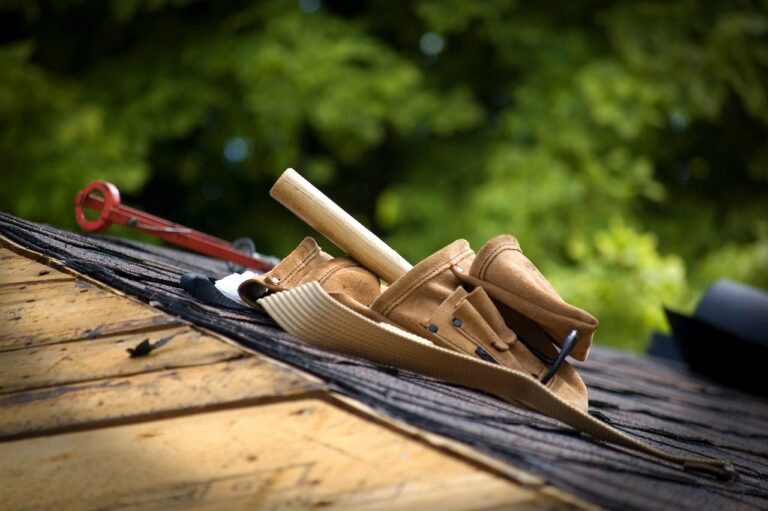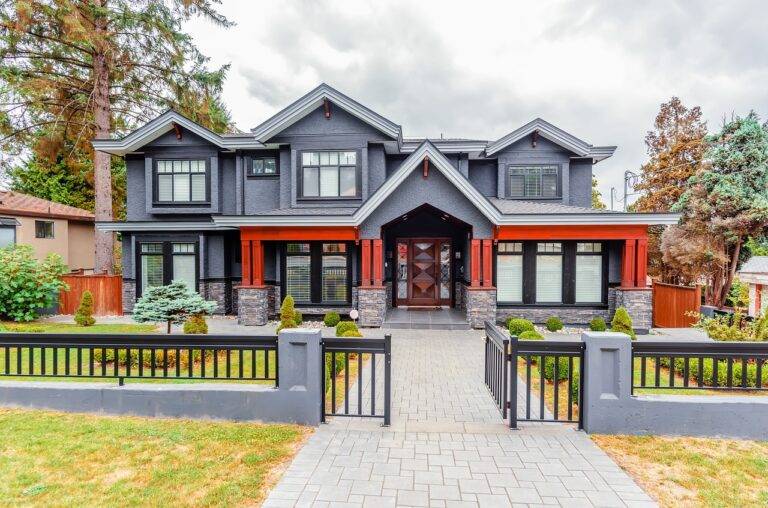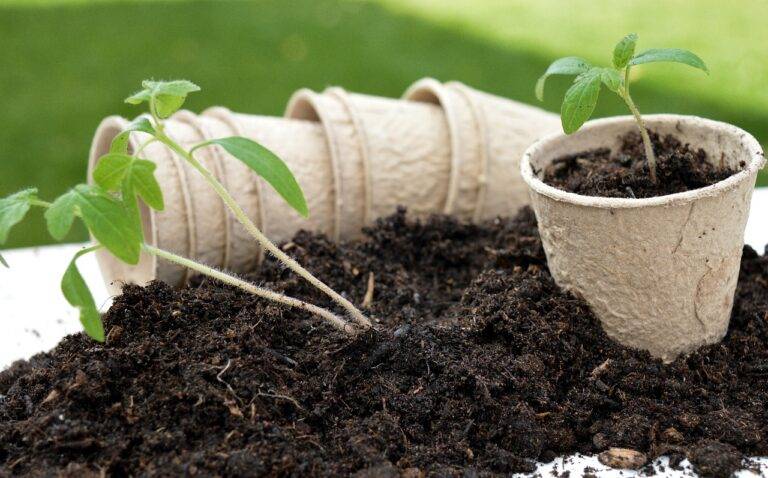Incorporating Smart Home Sustainable Gardening in Home Improvement
Imagine having a lush, thriving garden that is not only beautiful but also eco-friendly. With the advancements in smart home technology, achieving sustainable gardening has never been easier. By integrating smart devices into your garden, you can effectively monitor and optimize the use of resources like water and energy, leading to a more environmentally conscious approach to garden maintenance.
Smart irrigation systems, for example, can automatically adjust watering schedules based on real-time weather conditions, moisture levels in the soil, and specific plant needs. This not only promotes water conservation but also ensures that your garden receives the precise amount of water it requires for healthy growth. Additionally, using smart sensors to monitor sunlight exposure and soil pH levels can help you make informed decisions about plant placement and soil amendments, resulting in a more sustainable and productive garden.
Smart irrigation systems adjust watering schedules based on weather conditions and soil moisture levels
Smart sensors monitor sunlight exposure and soil pH levels for informed plant placement
Integration of smart devices promotes water conservation and efficient resource use in gardening
Benefits of Smart Home Integration in Garden Maintenance
Smart home integration in garden maintenance offers a range of benefits that can make gardening more convenient and efficient. With smart devices like automated irrigation systems, gardeners can ensure that their plants receive the right amount of water at the optimal time, helping to conserve water and prevent over-watering. Monitoring soil moisture levels, weather forecasts, and plant health data can all be done remotely through smartphone apps, providing gardeners with real-time information to make informed decisions about their garden care.
Additionally, smart home technology can help gardeners save time and energy by automating tasks such as watering, fertilizing, and adjusting lighting conditions. This allows gardeners to focus on other aspects of their garden, such as planting, pruning, and harvesting, without having to constantly monitor and manually control these routine maintenance tasks. By incorporating smart devices into their garden maintenance routine, gardeners can enjoy a more sustainable and productive garden while reducing their overall workload.
Choosing the Right Smart Devices for Your Garden
Smart devices have revolutionized the way we care for our gardens, making it easier than ever to maintain a healthy outdoor space. When selecting the right smart devices for your garden, consider factors such as the size of your garden, the specific needs of your plants, and the level of automation you desire.
One important smart device to consider is a smart irrigation system, which can help conserve water by delivering the right amount of water to your plants precisely when they need it. Another useful device is a smart weather station, which can provide real-time data on temperature, humidity, and precipitation, allowing you to adjust your gardening tasks accordingly.
What are some examples of smart home technology for sustainable gardening?
Some examples include smart watering systems, soil moisture sensors, weather monitoring devices, and automated lawn mowers.
How can smart home integration benefit garden maintenance?
Smart devices can help optimize water usage, track plant health, automate tasks like watering and mowing, and provide real-time data to help you make informed decisions about your garden.
How do I choose the right smart devices for my garden?
Consider factors like the size of your garden, the types of plants you have, your budget, and your level of tech-savviness. Research different options and read reviews to find devices that meet your specific needs.







